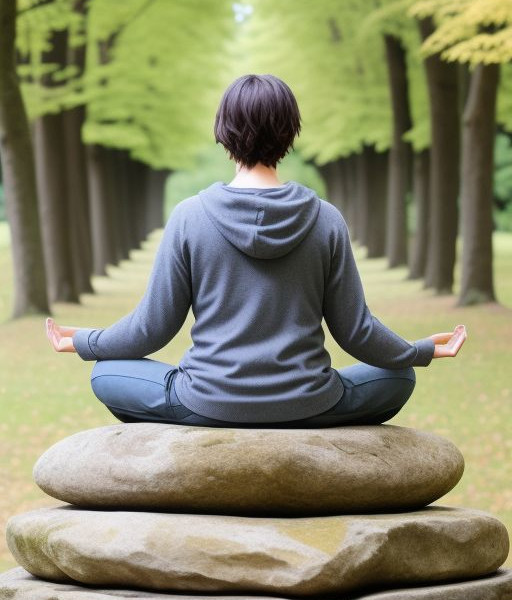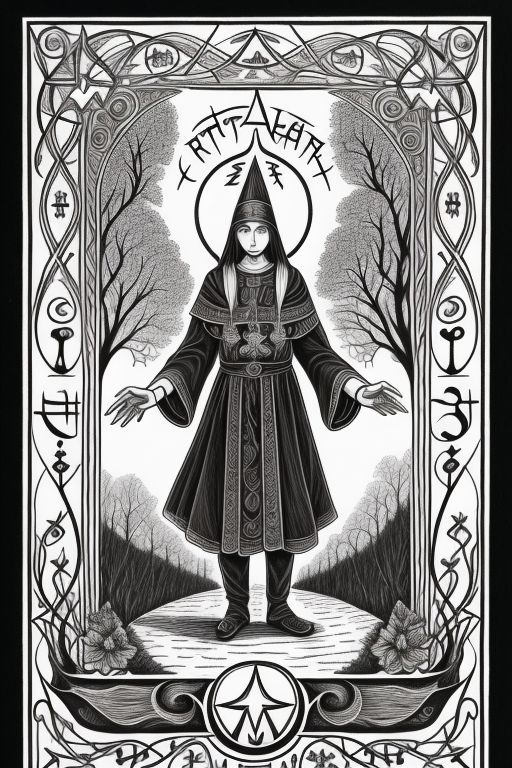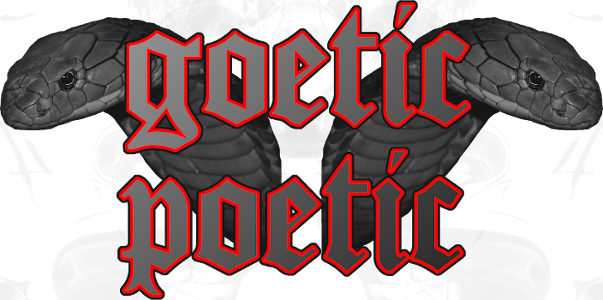
In terms of methodology, demonolatry isn’t all that complex. Rituals need not be elaborate and not a lot of movement is involved. The most important component is your inner state – your ability to regulate your emotions, to focus your intent and direct it into the quantum field. This is the crux of demonic magick. It’s also necessary to maintain your psychic energy levels because, despite that lack of movement, it can be exhausting. This skillset must be cultivated and maintained and, for this reason, demonolatry is considered an advanced style of magick.
This means that you must ensure that your fundamentals in magick are solid. Maintaining a regular daily practice that includes meditation, energy work, along with a healthy lifestyle, are paramount for your success in goetic, or any other type of magick. In addition, developing your intuition by familiarising yourself wiith divination tools (e.g. tarot, runes), dreamwork, or simply learning to trust your gut are critical for discerning reality from fantastic projection. Not one to pass up the opportunity for shameless self-promotion, my book Magick Made Simple offers a complete course for exactly this purpose. Of course, disciplined training of between six to twelve months, either in some kind of hermetic or eastern spiritual tradition, or even in a traditional martial art should yield similar results.

The basic foundation that I am describing is what we might call ‘high magick’. That is, magick for the purpose of spiritual self-development and inner alchemy. This is in contrast to ‘low magick’ (sometimes called ‘folk magick’) which is more results-oriented. There’s nothing wrong with having a desire for a specific tangible change in your life which low magick offers. But such empowerment makes it all to easy to get caught in a power trip where you risk being tempted to use magick for manipulation or egotistical purposes. It must be grounded in your awareness of the fact that you are part of something far greater. This might sound preachy, like I’m claiming some kind of moral superiority, but balance truly is key in the mystical arts. Too far to one side and you become a new age fluff bunny. Too far to the other side, and you become a narcissistic tyrant.
It’s also the case that a well-honed psycho-energetic system gives you authority to enter the the demonic realm. Demons tend to respect, and thus be more responsive to, a magician who has done the preliminary ground work. Not in a Solomonic sense, where you are able to boss them around (they will kick your ass if you try that shit), but rather as someone who has demonstrated that they take their quest for life-mastery seriously. When demons see that you have the capacity and maturity to withstand challenges as opportunities for growth, they will be more inclined to deliver these opportunities to you in a thoughtful and intelligent way.
Reading

Also critical to your continued evolution as a magician is reading. By no means am I suggesting to become an ‘armchair magician’. Telling yourself that you just need to read the next grimoire or textbook before you begin doing magick is nothing but glorified procrastination and, in my opinion, is why the self-help industry is so popular – apparently everyone is still ‘broken’. You really don’t need a great deal of theory to actually start your journey. After all, the best occult books were written by people as a result of their own experience and gnosis – not as a result of what they had read. Create your own instructional manual.
Rather, what I’m suggesting is reading as a compliment to your work and understanding. It provides an excellent way to gain a different perspective on what you experience, maybe through a different cultural lens. This could, of course, include instructional books about magick which can guide or inform your existing practice. More valuable than textbooks and manuals, I would argue, are philosophy from different esoteric and spiritual traditions, exposés on alternative history, and even classical literature. These kinds of books offer a far wider scope through which you can view reality, and are much richer sources of contemplation than any do-this-do-that instructional manual could ever hope to achieve.
